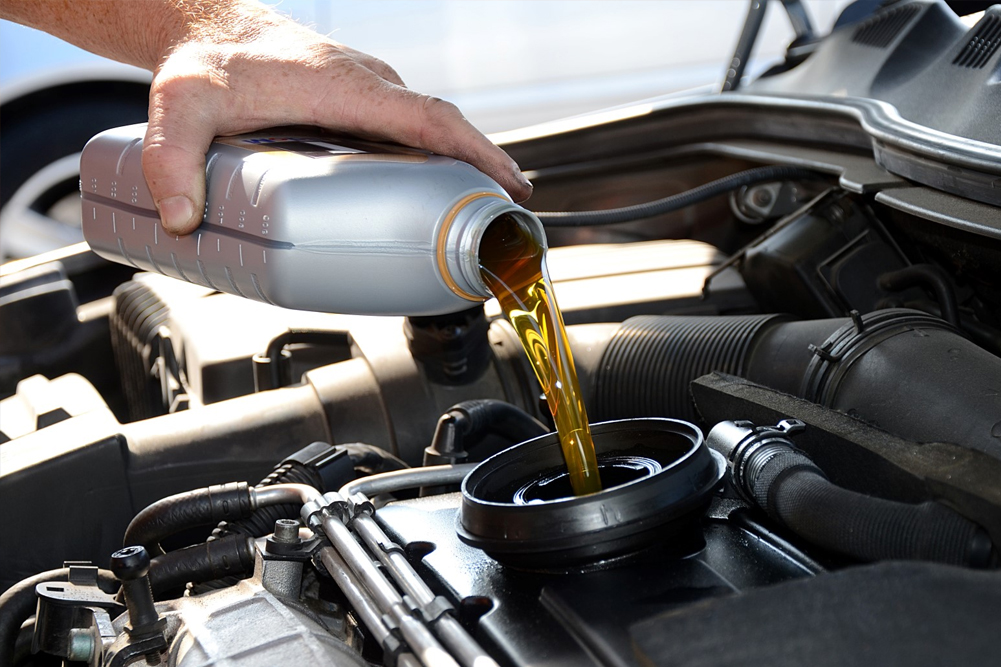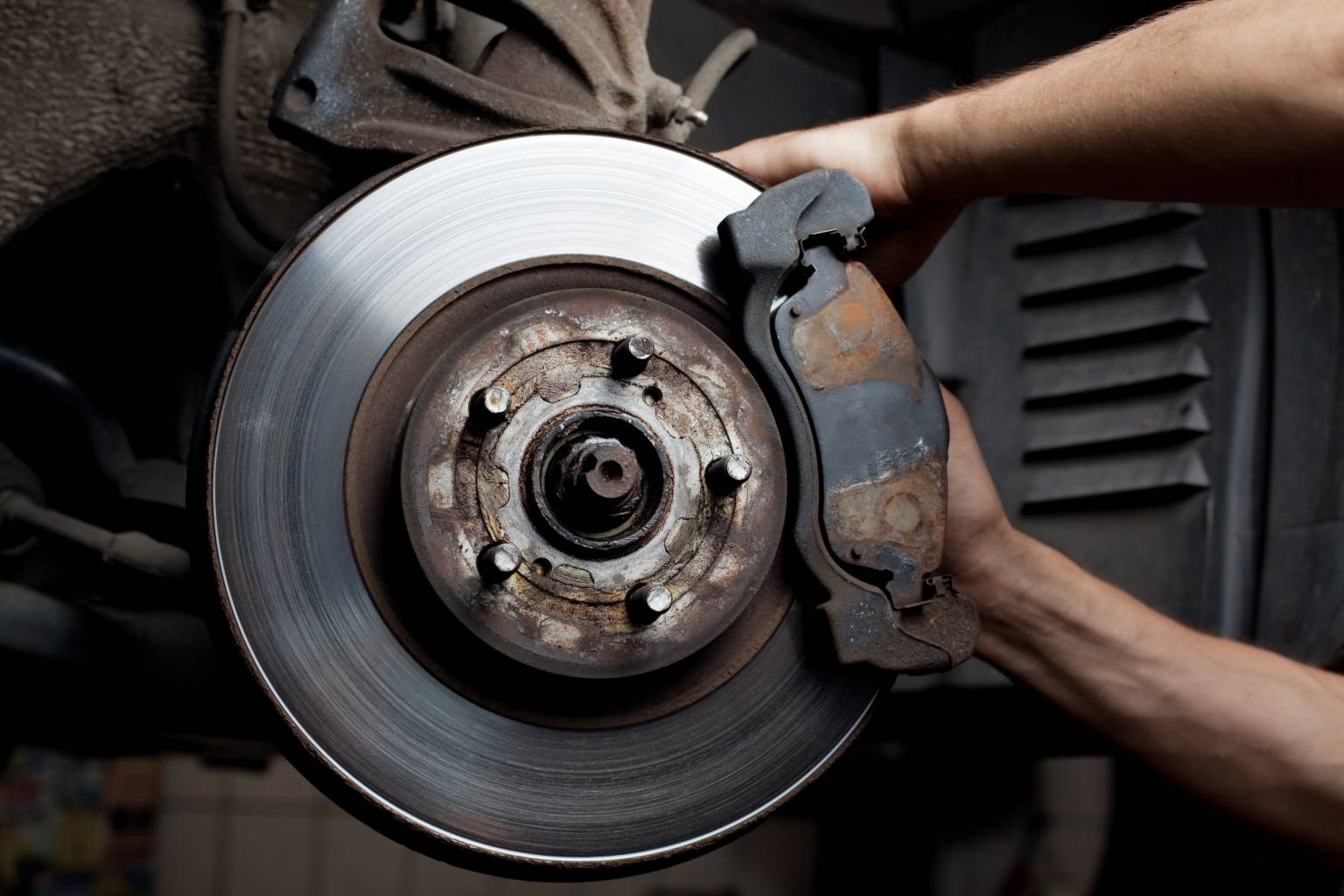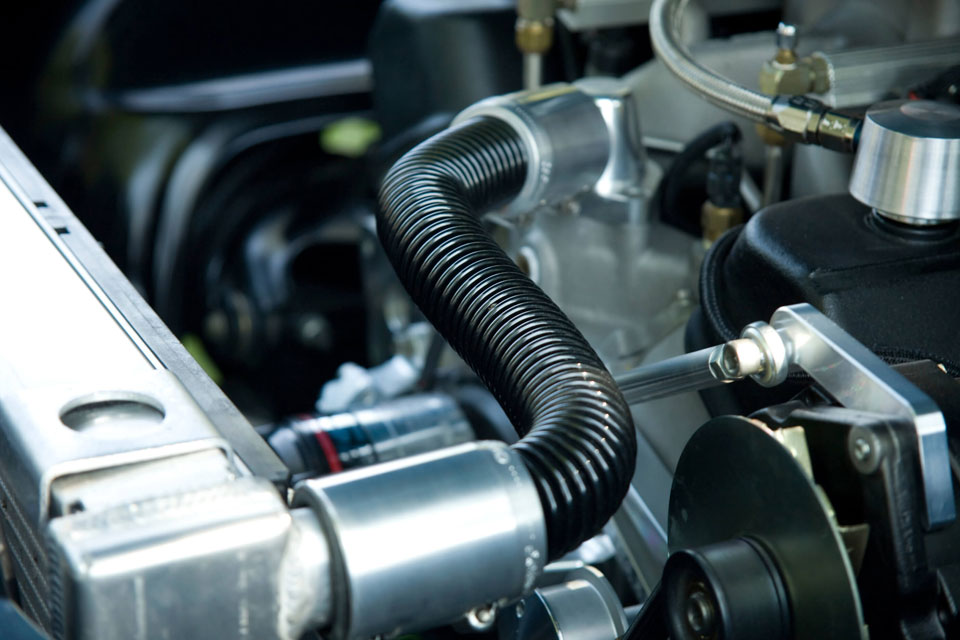In the intricate machinery of your car, few components are as vital as the engine. It’s the powerhouse that keeps your vehicle running smoothly, but even the mightiest engines need care and attention to maintain their performance. Enter the unsung hero of automotive maintenance: the oil change. Often overlooked, regular oil replacements are the cornerstone of engine health and longevity. This article will explore why fluid exchanges are crucial for your car’s well-being and why you should never underestimate their importance.
The Importance Of Oil Change
Regular Fluid exchanges are the lifeblood of a vehicle’s engine, playing a crucial role in its overall health and longevity. This essential maintenance task not only lubricates the engine components but also helps remove impurities, ensuring optimal performance and preventing costly repairs. Understanding the significance of fluid exchanges is fundamental for any vehicle owner keen on preserving their car’s reliability and efficiency.
Lubrication is Key
Think of oil as the lifeblood of your engine. It’s responsible for lubricating moving parts, reducing friction, and preventing wear and tear. As oil circulates through the engine, it coats crucial components, such as pistons, bearings, and camshafts, generating a defensive shield that minimizes friction and abrasion. Over time, however, oil degrades, becoming contaminated with dirt, debris, and engine byproducts, compromising its lubricating properties. Following a regular fluid exchange schedule, outdated and deteriorated oil is swapped with new, pristine oil. This practice sustains ideal lubrication levels in the engine, extending its longevity and enhancing fuel efficiency and overall performance.
Engine Cooling
Aside from lubrication, oil also plays a crucial role in keeping your engine cool. As your engine operates, it produces thermal energy, and oil helps dissipate that heat by carrying it away from critical components. Over time, oil may accumulate dirt and debris, leading to contamination and combustion byproducts, reducing its ability to cool the engine effectively. By replacing old, degraded oil with fresh, clean oil, the engine’s lubrication system can operate more efficiently, reducing friction between moving parts and dissipating heat more effectively. It helps prevent excessive heat accumulation, which can strain the engine and its cooling system.
Cleansing Action
Oil is a lubricant and a cleaning agent in your engine, picking up dirt and impurities as it circulates. Over time, oil becomes saturated with contaminants, forming harmful deposits that can clog passages and restrict oil flow, compromising engine performance. Regular oil replacements replace old, contaminated oil with fresh, clean oil, flush out impurities, and preserve engine performance and lifespan. Fresh oil enhances fuel efficiency, reduces emissions, and ensures a vehicle’s health and cleanliness.
Improved Fuel Efficiency
Surprisingly, routine oil replacements can also boost fuel efficiency. With proper lubrication and smooth engine operation, fuel consumption decreases as the engine operates more efficiently, generating the same power with less fuel. Dirty or degraded oil, on the other hand, can cause increased friction and resistance, forcing your engine to exert more effort and consume additional fuel. Sticking to a regular oil replacement schedule can help maximize your car’s fuel economy and save money at the pump.
Also Read: Wheel Balancing: What You Need To Know
Prolonged Engine Life
The ultimate goal of regular oil replacements is to prolong the life of your engine. Ensuring adequate lubrication, cooling, and cleanliness can mitigate premature wear and safeguard vital engine parts from damage. A well-lubricated, clean engine is less likely to experience costly breakdowns or failures, allowing you to enjoy many more miles of trouble-free driving.
Ready To Give Your Car The Care It Deserves?
In the hustle and bustle of daily life, The significance of regular maintenance tasks is often underestimated. However, paying attention to this simple yet crucial aspect of car care can seriously affect your vehicle’s performance and longevity. By prioritizing regular oil replacement, you can keep your engine running smoothly, improve fuel efficiency, and avoid costly repairs. So, the next time you’re tempted to put off that engine oil renewal, remember that a little preventative maintenance today can save you a lot of headaches tomorrow.
Remember, when it comes to the health of your car, there’s no substitute for regular engine oil renewals. Trust me, your engine will thank you for it.
Ensure peak performance and longevity for your car by scheduling regular engine oil renewals with a professional service provider. Trust the experts to keep your engine clean, lubricated, and functioning at its best.
Contact our certified professionals today to schedule your next engine oil renewal and experience the difference firsthand. Your car will thank you for it! Contact Quality 1st Auto Repair.




